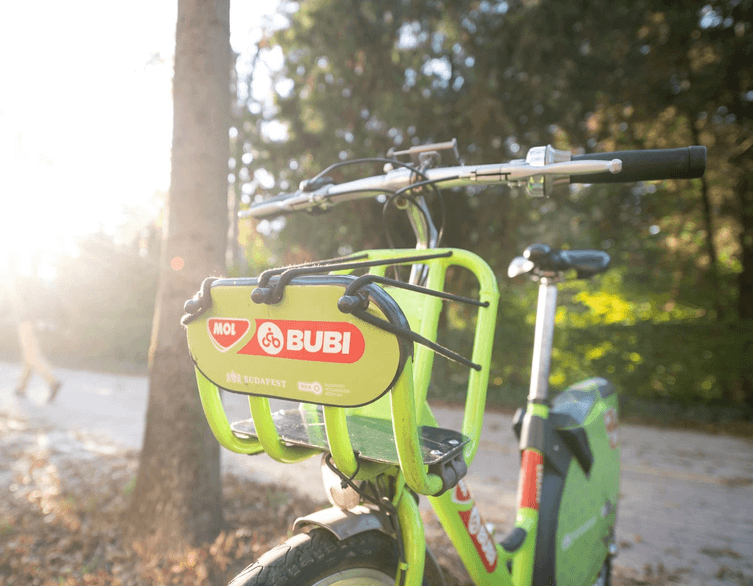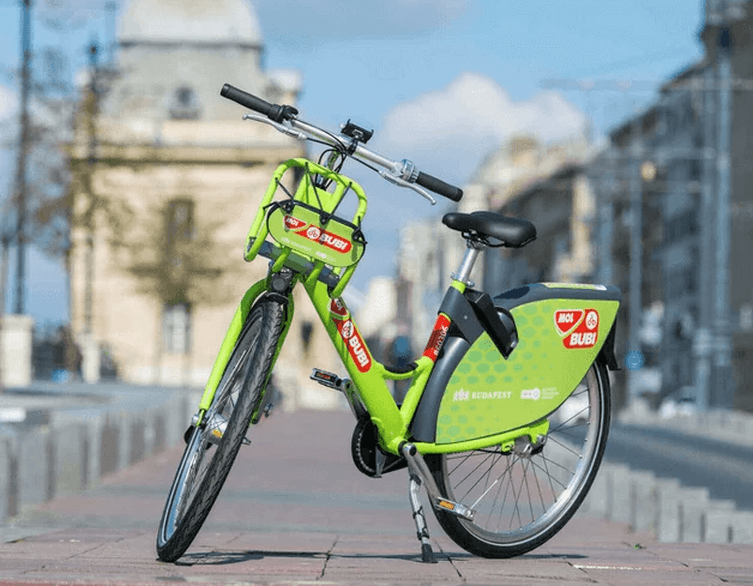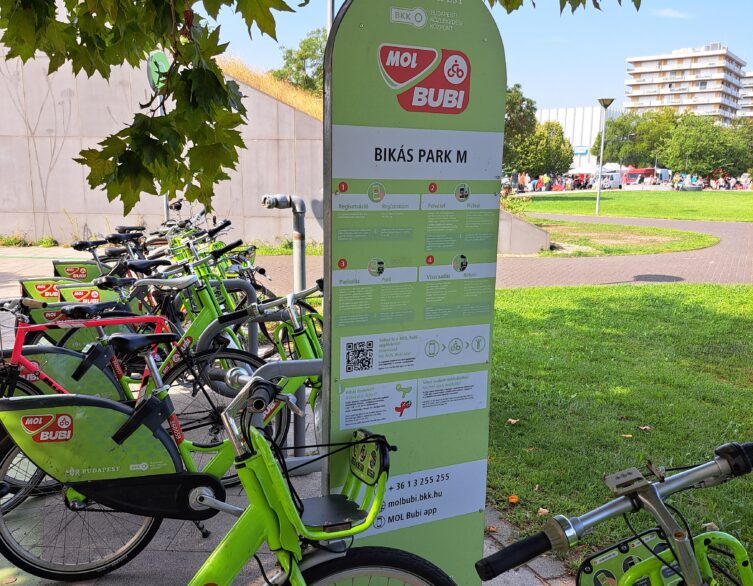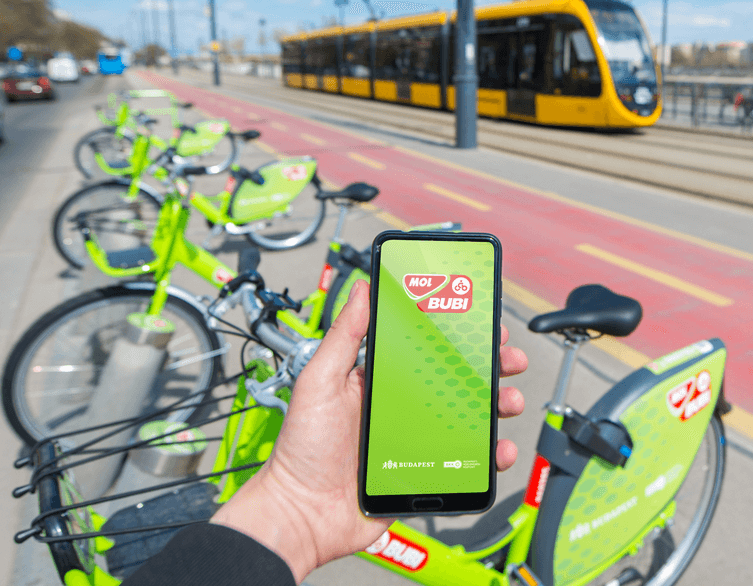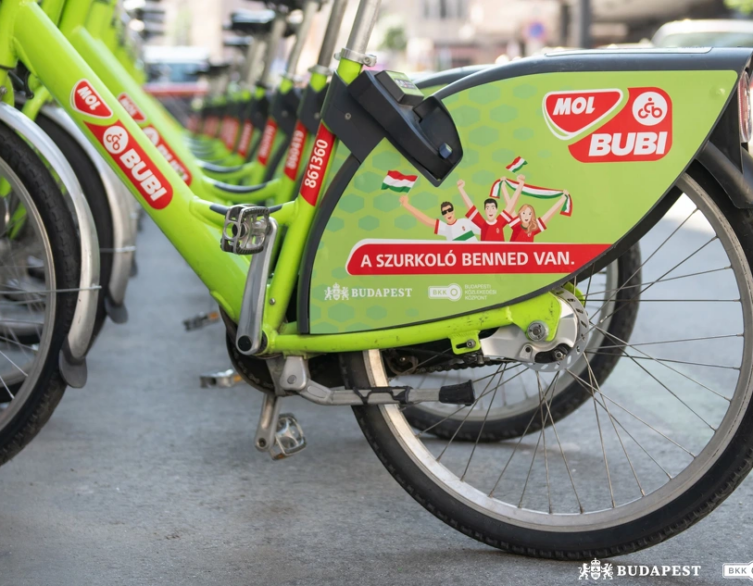MOL Bubi Celebrates 11 Years of Budapest Bike Revolution with Major Expansion Plans
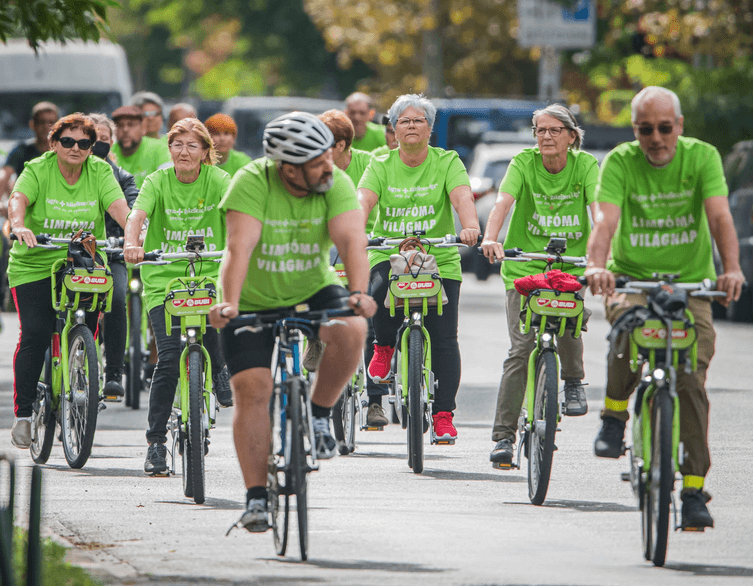
September marks a special milestone for Budapest’s bike-sharing revolution as the MOL Bubi system celebrates its 11th anniversary. What started as a single launch point at Deák Square on September 8, 2014, has transformed into one of Europe’s most successful urban cycling networks, fundamentally changing how people move around the Hungarian capital.
Incredible Journey Through Numbers
The statistics behind Budapest’s cycling transformation are nothing short of remarkable. Since that historic September day in 2014, MOL Bubi users have collectively pedaled an astounding 33.5 million kilometers throughout the city. To put this extraordinary distance into perspective, cyclists could travel between Earth and the Moon 44 times and still not cover the same ground that Budapest’s bike-share enthusiasts have conquered over the past decade.
This achievement reflects more than just impressive numbers – it represents a fundamental shift in Budapest’s transportation culture. The MOL Bubi system has successfully integrated cycling into the daily routines of both residents and visitors, creating a sustainable mobility option that continues to grow year after year.
Supporting Community Health Initiatives
The MOL Bubi network consistently demonstrates its commitment to Budapest’s community beyond simple transportation. This year marks the ninth consecutive time that the Budapest Public Transport Center has supported the Lymphoma World Day cycling parade with 50 specially provided MOL Bubi bicycles.
Best deals of Budapest
On September 15, participants will cycle from the DPC Szent László Hospital to the National Oncology Institute, raising awareness about this often-hidden disease that affects the lymphatic system. The event takes on special significance as approximately 3,000 people receive lymphoma diagnoses annually in Hungary, making early detection and treatment awareness crucial for public health.
The cycling parade embraces green as the official lymphoma awareness color, with participants wearing green shirts and decorating their bicycles accordingly. The route strategically includes crossing the iconic green Szabadság Bridge, creating a powerful visual statement about health awareness and community solidarity. The Budapest Public Transport Center’s consistent support of this initiative demonstrates how public transportation infrastructure can serve broader community health goals.
Welcoming New Generations of Cyclists
Budapest’s university community plays a vital role in sustaining the city’s cycling culture, and the MOL Bubi system actively engages with incoming students each academic year. The collaboration between the Budapest Public Transport Center and ELTE University’s sports association BEAC exemplifies this commitment to introducing cycling to new residents.
During the university’s Sport7 orientation week, which runs from September 8 to 12, approximately 1,000 MOL Bubi coupons are distributed to participating students. This initiative goes beyond simple promotional activity, featuring organized group cycling sessions with 25 to 50 participants and comprehensive MOL Bubi demonstrations where students can learn system operations directly from transport center staff.
The partnership between educational institutions and Budapest’s bike-sharing network creates lasting impressions on young adults who may spend several years in the city. By introducing sustainable transportation options during the crucial first weeks of university life, these programs help establish cycling habits that often continue long after graduation.
Revolutionary Expansion on the Horizon
Budapest’s cycling infrastructure stands on the brink of its most significant transformation since the original MOL Bubi launch. The next generation of the bike-sharing system, scheduled for 2026, promises to double the current fleet size while introducing completely redesigned bicycles, including electric-assist models that will make cycling accessible to even more users.
The expansion extends far beyond simply adding more bicycles to existing locations. New neighborhoods including Örs vezér tere, Kőbánya-Kispest, and Újpest-Városkapu will gain access to the bike-sharing network, connecting previously underserved areas to Budapest’s cycling revolution. These additions will create new mobility corridors and provide residents in outer districts with convenient access to sustainable transportation options.
The technological improvements accompanying the 2026 upgrade reflect changing user expectations and advancing bicycle technology. Electric-assist bicycles will make longer distances more manageable and help users navigate Budapest’s hilly terrain with greater ease. More charging stations and improved bicycle designs will enhance the overall user experience while maintaining the system’s reputation for reliability and convenience.
Integration with Budapest’s Transportation Future
The MOL Bubi expansion aligns perfectly with Budapest’s broader vision for sustainable urban mobility. As the city continues developing its cycling infrastructure, including protected bike lanes and improved connections between districts, the enhanced bike-sharing network will serve as a crucial component of integrated public transportation.
The timing of the 2026 launch coincides with several major infrastructure projects throughout Budapest, creating synergies that will benefit all system users. Improved cycling connections to metro stations, tram lines, and bus terminals will make multi-modal transportation more seamless than ever before.
For international visitors, the expanded MOL Bubi network will provide unprecedented access to Budapest’s attractions and neighborhoods. The combination of traditional pedal bicycles and electric-assist options will accommodate different fitness levels and travel preferences, making cycling an attractive option for tourists exploring the city’s historic districts, thermal baths, and cultural sites.
The contract finalization with the future service provider was expected by the end of September, marking the beginning of a new chapter in Budapest’s cycling story that started 11 years ago at Deák Square.
Related news













